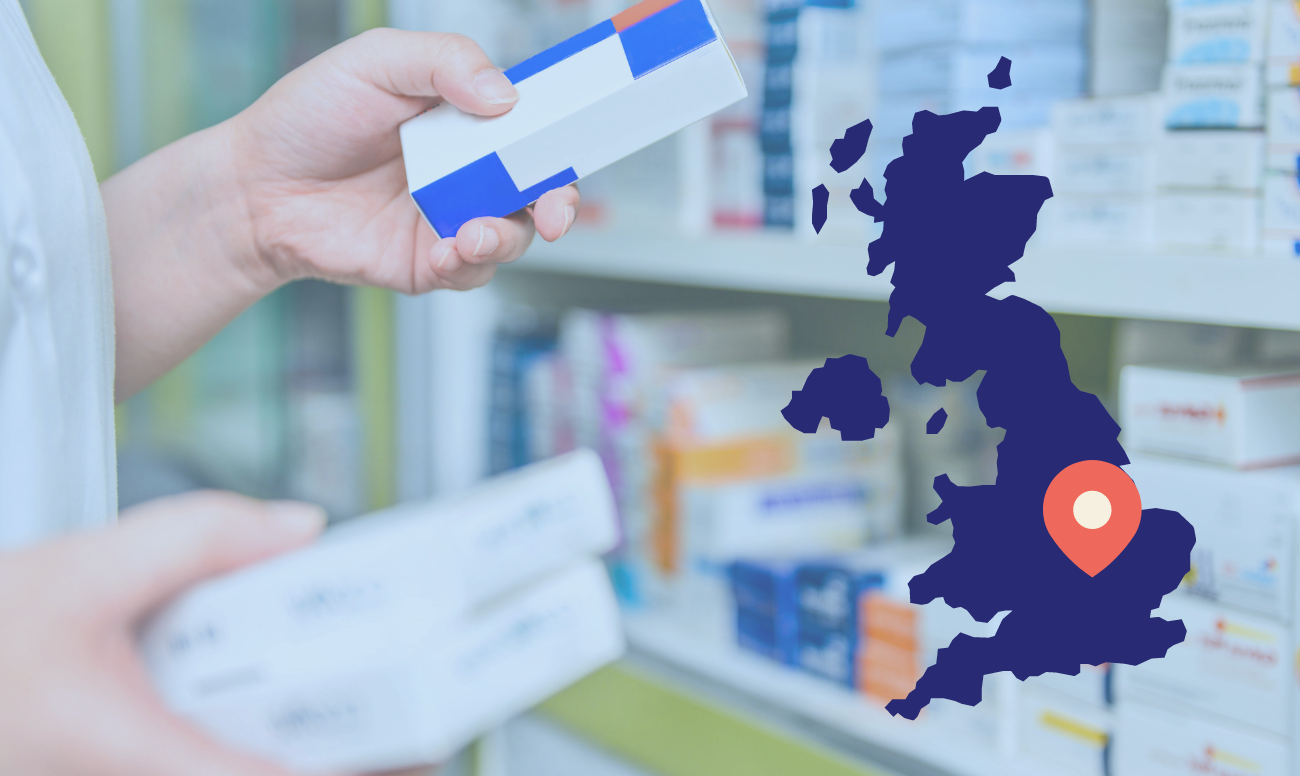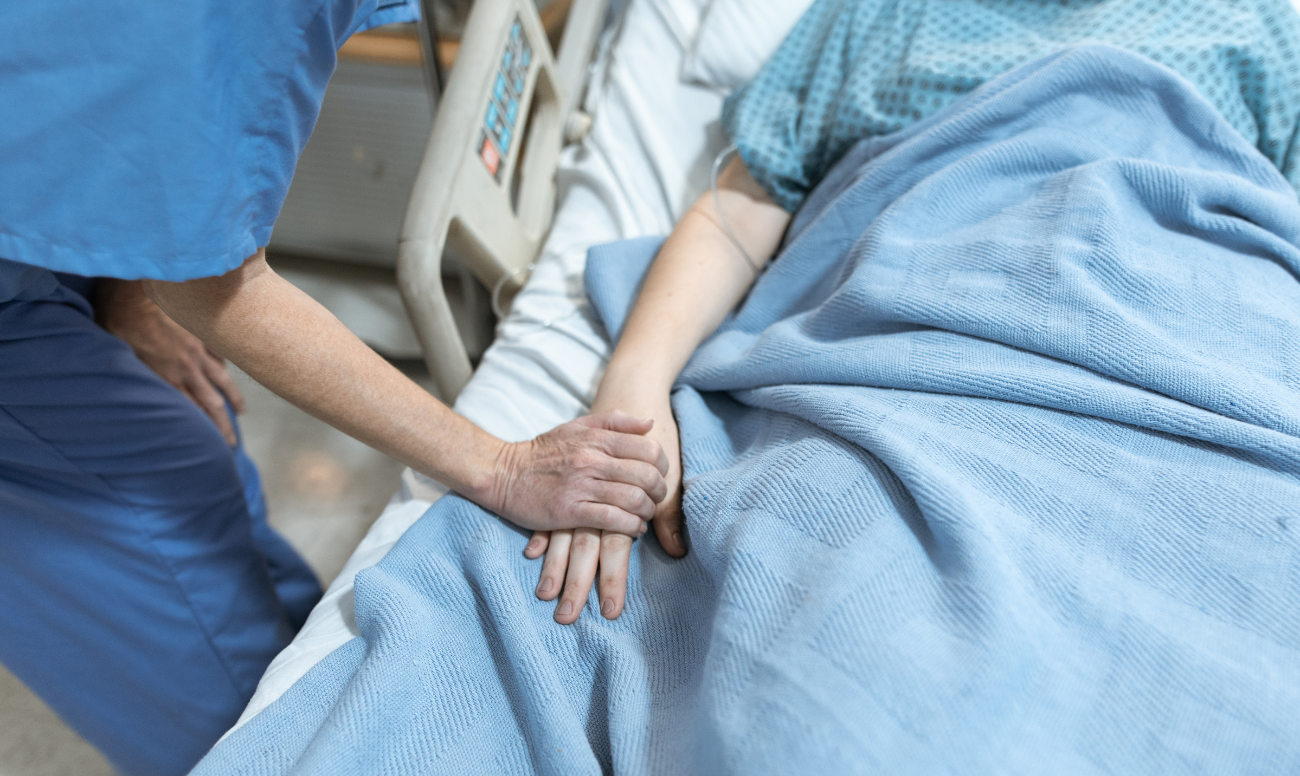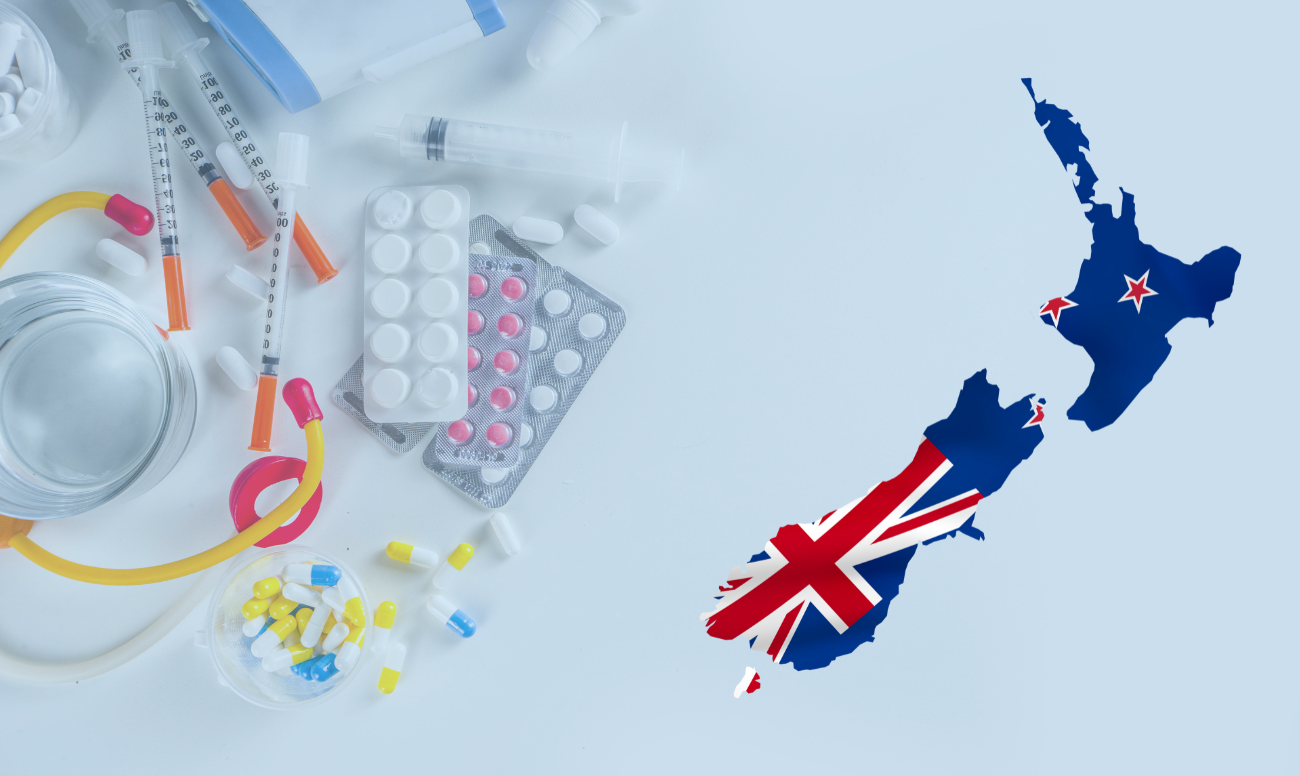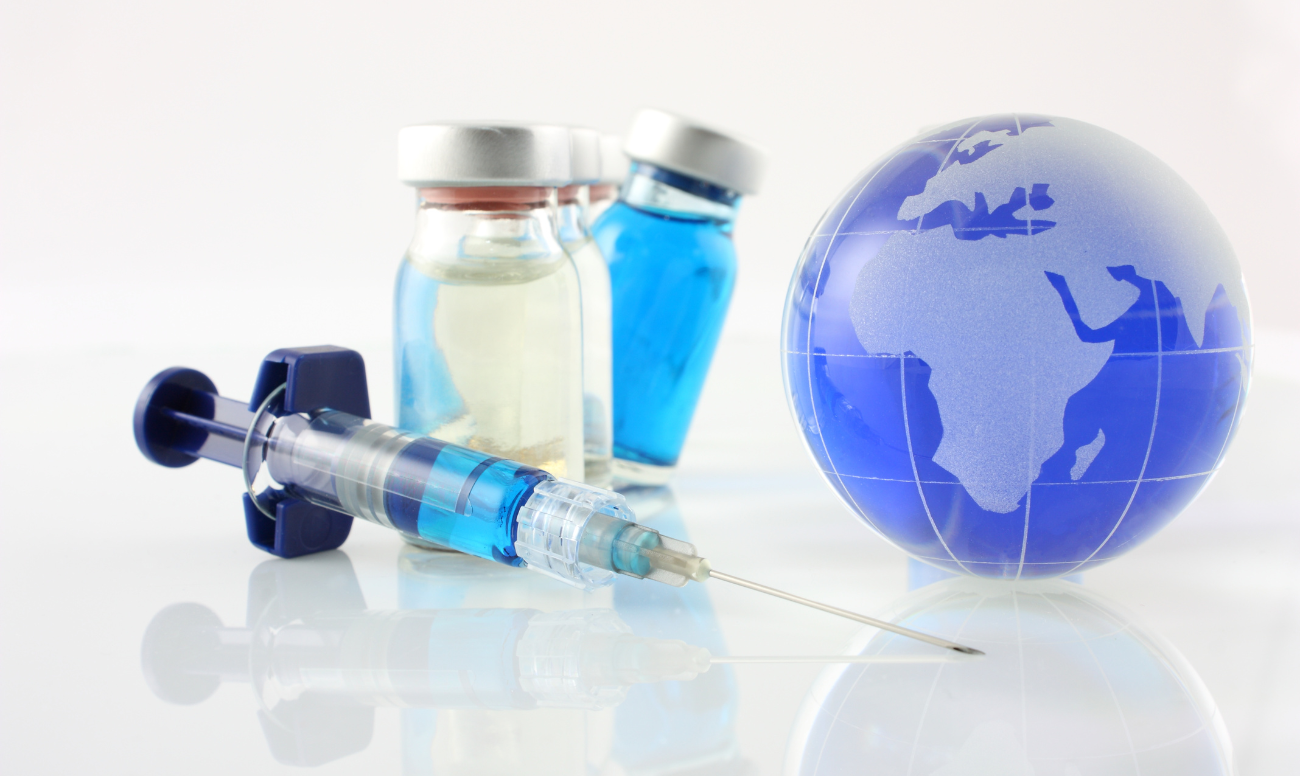
Importing Medicines To The UK For Unmet Needs: A Case Study On Named Patient Supply
In the United Kingdom, most patients rely on NHS insurance to cover the cost of expensive, life-saving treatments. However, some life-saving medicines for chronic, debilitating or life-threatening diseases may not be covered by the NHS due to approval lags, delayed clinical trials in the country, or other NICE pricing policies. In these scenarios, the importation of unlicensed medicines on a named patient basis offers a solution to patients who need these treatments urgently. In this case study, we shall throw light on the ongoing challenges with access to medicines in the UK, and how healthcare providers can help their patients access unavailable treatments through the UK’s named patient access program.
Ongoing Challenges With Access To Medicines In The UK
Patients in the United Kingdom currently struggle with access to life-saving medicines for diseases like cancer, which are not covered by the NHS. Here are 4 key challenges with drug access in the country –
1. According to recent studies, NHS insurance in the UK does not cover various medicines for life-threatening diseases like cancer, which are covered by countries like the USA, Japan, and Germany. Some treatments are not covered entirely while others are only covered for specific medical cases.
2. For many patients grappling with critical illnesses, these medicines offer a glimpse of hope, but with the NHS not covering the treatment, patients often struggle to afford the same. There are multiple news reports of UK patients battling different types of cancers, such as bowel and breast cancer, who are raising funds to privately procure these medicines as a last hope for recovery.
3. According to a report by the Association of the British Pharmaceutical Industry (ABPI) – “Adoption of new medicines recommended by NICE typically lags behind other countries for at least five years after guidance is issued to the NHS.” Furthermore, only a fraction of the recommendations by the Accelerated Access Collaborative (AAC) for the adoption and uptake of innovative medicines are approved by the NICE appraisal process.
4. Moreover, there has been a decline in clinical trial activity in the UK since 2017, which further limits and delays the approval and coverage of new and innovative drugs by the NHS, adding to the drug access woes of the patients.
Amidst these challenges in access to medicines, healthcare providers can avail expanded access to unlicensed drugs to meet their patients’ unmet needs.
The Solution: Named Patient Import Of Unlicensed Medicines To The UK
Named Patient Imports allow patients to source unlicensed drugs from other geographies, given that no viable licensed treatment option is covered by the NHS. This program can help patients procure affordable generic versions of expensive drugs that are not covered by the NHS, or source new and promising medicines that haven’t yet been approved in the UK.
Named Patient Imports in the UK allow the procurement of unlicensed medicines or “specials” to meet the unmet and special clinical needs of a specific patient. Named Patient Access can be availed when the following conditions are met –
- The treating healthcare professional confirms that the unlicensed medicine can meet the unmet clinical needs of the patient.
- The patient holds a valid prescription for the unlicensed drug, which is supported by their medical reports.
- The patient writes an official request to the customs stating that the medicines are ‘For personal use only’.
While the patient has to pay for these sourced “specials”, the Named Patient Program opens up options for them to obtain affordable generics instead of expensive patented drugs, or gain access to newer treatments that are not yet approved in the UK. Hence, this program is often the only source of hope for patients battling life-threatening diseases.
The UK government has also provided some other solutions to improve access to medicines for patients suffering from debilitating or life-threatening conditions. These include allowing off-label use of medicines to meet the unmet clinical needs of patients as per the discretion of their healthcare provider, early access to drugs undergoing the approval process to meet the needs of critical patients, and special funds to support treatment using drugs that are still being evaluated for NHS coverage by NICE. The government has also introduced a new medicine pricing scheme to expedite the approvals and launches of new medicines in the UK.
While the benefits of the new schemes will be measurable in the future, at present, many patients suffering from life-threatening diseases are able to source promising treatments using Named Patient Imports.

The Life-Saving Impact of Named Patient Supply To The UK: Real People, Real Stories
Here is an inspiring story of how through Named Patient Imports, a family sourced affordable cancer medicines, which were not covered by the NHS in the UK, to treat their loved one.
Jessica (name changed) and her family had migrated to the UK from another part of Europe a few years before her father received a devastating diagnosis of Multiple Myeloma.
Jessica’s father was initially prescribed Lenalidomide 25mg, which costs an enormous £3426 for just 21 capsules, equivalent to only a month of treatment. His medicines were not covered by the NHS and there was no way Jessica could afford this exorbitant price.
Seeking options to procure affordable medicines for her father, Jessica contacted us through a referral. With the advice of the prescribing doctor and as per the medical reports, she sourced a generic version of the drug manufactured in a USFDA-approved manufacturing facility, at a price lower than 1/10th of the price of Lenalidomide in the UK. Her father responded to the treatment pretty well.
After a few years, Jessica’s father went into relapse and was prescribed Pomalidomide 4mg. The average cost of a course of treatment with the drug (as per the NICE website) costs £44,420. She again contacted us, after consulting the treating doctor, to source the generic version manufactured in a EUGMP-approved manufacturing facility. Once again, Jessica was able to provide medicines to her father at a fraction of the cost and give him some precious time.
Unfortunately, after a few years, the disease spread too far to be treated, and her father passed away. While his death was an irreparable loss, in her message, Jessica shared how she was thankful to be able to extend her father’s life by at least a few years.
Jessica and her father are not the only ones in the UK who seek access to life-saving drugs not covered by the NHS. Every year, UK-based patients suffering from life-threatening diseases search for ways to privately source affordable drugs or promising new treatments.
Dr. Asha, a 50-year-old battling breast cancer, and, Nikola, a 53-year-old with stage 4 bowel cancer, are examples of UK-based patients who had to raise funds to privately source their oncology drugs not covered by the NHS. Similarly, Mary, a 28-year-old is sourcing a generic drug for a condition called LHON, which could make her go blind if her treatment stops. Named Patient Imports are the only hope for these patients and hundreds like them.
At Eudaico, we assist UK-based patients access new or generic unlicensed medicines through named patient imports, with the advice of their treating doctors and data from their medical reports. Through our Named Patient Supplies, we aim to improve treatment outcomes for UK-based patients when a viable treatment option is not covered by the NHS.
Contact us to learn more about named patient imports of unlicensed medicines to the UK.


